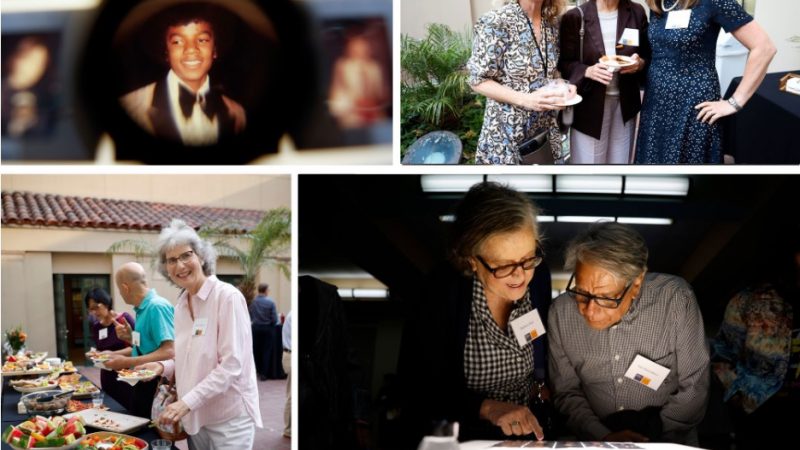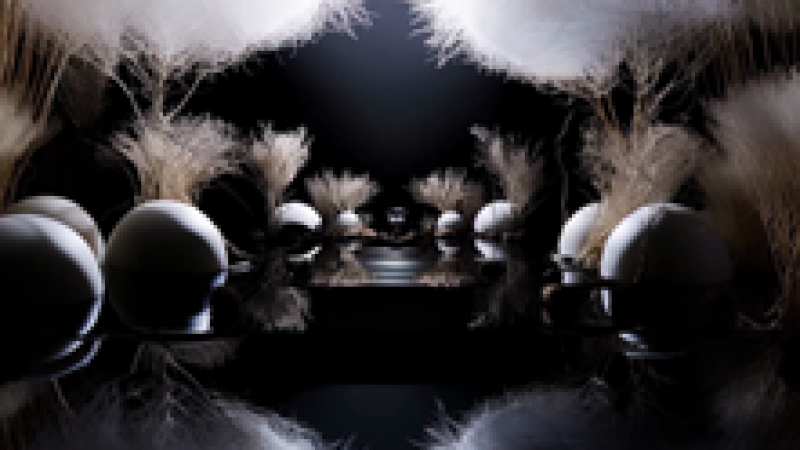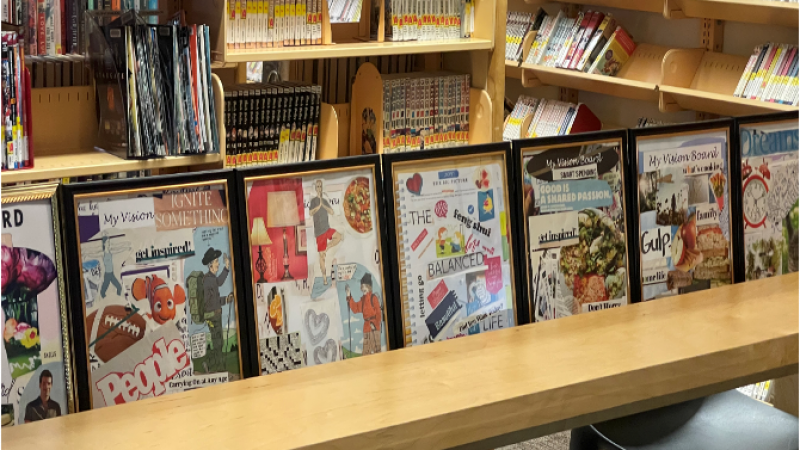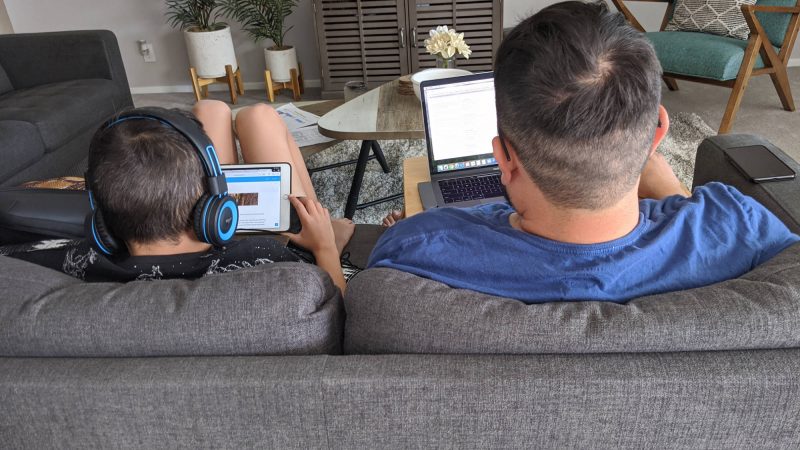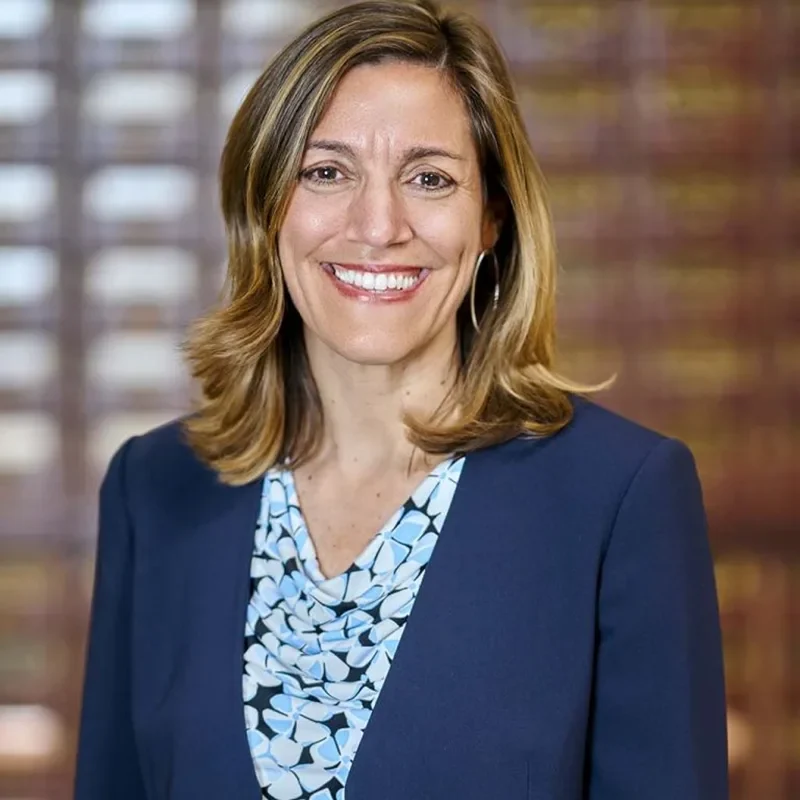This Sunday the Los Angeles Public Library will honor Salman Rushdie with the 2012 Literary Award for his commitment to literature, and on Monday he will sit down with ALOUD’s Louise Steinman for a conversation about his recently published memoir Joseph Anton. His memoir reflects on his time in hiding when a fatwa had been issued against him for his novel The Satanic Verses. Rushdie tells his own story from the 3rd person to reflect on the surreal magnitude of this time—his life turning into the plot of a spy novel. As readers will most certainly be captivated by his extraordinary memoir (buzz is brewing this week on The Daily Show and in The New Yorker and the Los Angeles Times, to name a few), Louise Steinman, below, grapples with his new book as she prepares for the upcoming ALOUD event.

On Living in Hiding
He couldn’t know how long he would be in hiding. He had to find a way to preserve his sanity. He had to find a way to maintain and even re-discover his “authentic self.” Events that unfolded a continent away affected his everyday life, in a much more drastic way than it does our own. A tsunami in Japan? Debt crisis in Greece? We feel the after-effects when a cargo container washes up on shore, or the stock market jitters. But Rushdie felt the spasms in Tehran in his own home, in his own family, in his own mind.
On Literature in Hiding
Open any section of the book and you are plunged into matters of conscience, tales that will make you think and wonder. In 1986, before the fatwa, Rushdie attended the International PEN Congress in New York City. He was “dragged into the heavyweight prize fight between Saul Bellow and Gunter Grass.” He listened to Eastern European writers like Danilo Kiš and Czeslaw Milosz, Gyorgy Konrad and Ryszard Kapuscinski who were “setting their visions against the visionless Soviet regime.” He listened to Mahmoud Darwish, the Palestinian poet, “articulating views not often heard on American platforms.” Listening to Vonnegut critique American power, and Bellows and Updike critiquing “the American soul,” Rushdie writes, “In 1986 it still felt natural for writers to claim to be, as Shelley said, ‘the unacknowledged legislators of the world,’ to see literature as a lofty, transnational, transcultural force that could, in Bellow’s great formulation, ‘open the universe a little more.’”
Can we still believe in the force of literature to do just that? In this frightened world of ours, can we make such exalted claims for mere writers? I agree with Rushdie that it is more difficult to do so, “but no less necessary.”
–Louise Steinman
